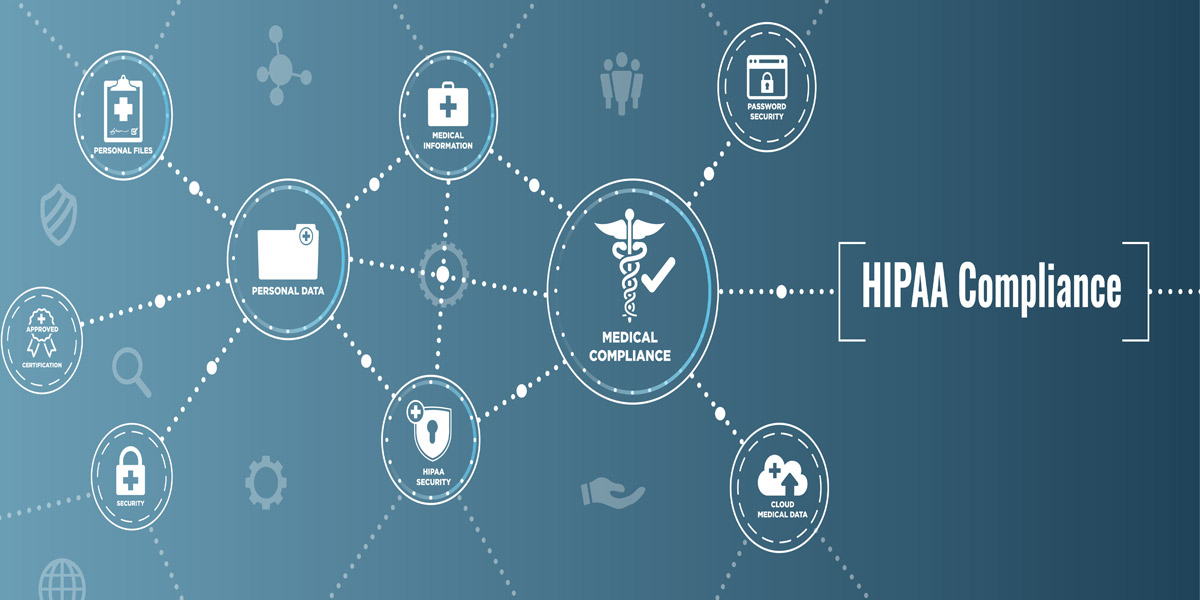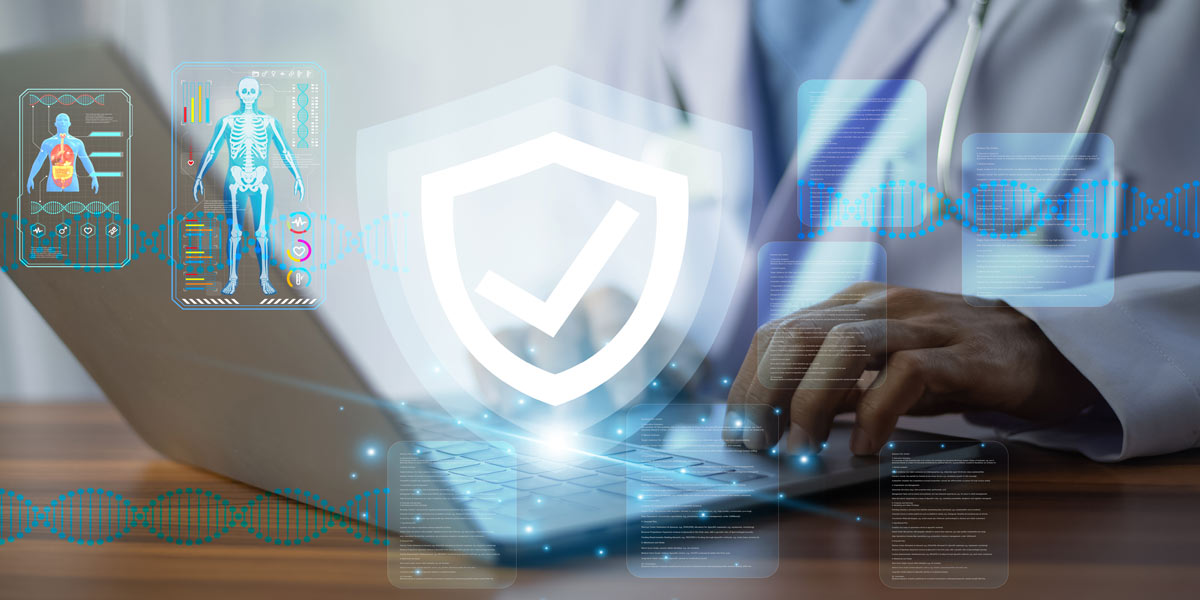In today's healthcare landscape, patient trust relies on strong data protection. From their first visit, patients expect their private medical information to remain secure. Protecting confidential data is not just a best practice—it's a legal obligation. HIPAA compliance is critical for medical offices. Failing to comply with its requirements can result in fines, lawsuits, and lasting reputational damage.
This article clarifies HIPAA compliance requirements, explains their significance, and outlines how your healthcare practice and systems can stay compliant as digital technology evolves.

What Is HIPAA Compliance?
Signed into law in 1996, the Health Insurance Portability and Accountability Act (HIPAA) sets national standards for the protection of patient health information. For medical offices, that means treating all Protected Health Information (PHI)—from medical charts to insurance data—with complete confidentiality, security, and integrity.
The most important HIPAA requirements:
1. HIPAA Privacy Rule
This rule sets national standards for safeguarding PHI. It covers all formats of patient information: oral, paper, and electronic. Protected Health Information includes:
- Patient names and addresses
- Birthdates and Social Security numbers
- Medical diagnoses and treatment plans
Healthcare providers must restrict access to PHI and use it only as necessary.
2. HIPAA Security Rule
This rule covers electronic Protected Health Information (ePHI). Medical offices must establish administrative, physical, and technical safeguards to secure digital data and avoid medical fraud through the following best practices:
- Restricting system access
- Encrypting patient emails
- Installing backup and recovery procedures for data
3. HIPAA Breach Notification Rule
After a security breach, HIPAA requires medical offices (and their business associates) to notify:
- all involved individuals
- The Office for Civil Rights
- and, in some cases, the media
Notifying all affected parties is compulsory.
Who Must Adhere?
- Hospitals, medical clinics, private offices, and health insurance entities.
- Business Associates: Any contractor or vendor working with PHI on your behalf—think Electronic Health Record (EHR) vendors, billing companies, and transcription companies. A Business Associate Agreement (BAA) is required.


A Practical HIPAA Compliance Checklist for Your Office
Compliance is not a single event—it's an ongoing responsibility. Medical offices must defend against breaches from numerous angles and stay alert to an ever-changing landscape of threats. Use this HIPAA compliance checklist to fortify your data compliance protection strategy:
Administrative Safeguards
- Appoint a HIPAA Privacy and Security Officer.
- Conduct regular risk analyses to identify data vulnerabilities.
- Implement written policies and procedures.
- Schedule regular staff training on HIPAA regulations.
- Maintain thorough documentation of compliance activities.
Physical Safeguards
- Restrict physical access to computers and files.
- Utilize security features such as privacy screens and locked cabinets.
- Install secure methods of disposing of PHI (e.g., shredding paper records, wiping hard drives).
Technical Safeguards
- Require distinct user IDs and complex passwords to access the system.
- Encrypt all ePHI, particularly when it is on mobile devices or in transit.
- Use audit controls to monitor access and changes.
- Maintain a tested disaster recovery plan for emergencies.
The Role of Technology: EHRs and Telehealth
With healthcare records, communication, and scheduling now digital, HIPAA compliance demands robust technical safeguards.
Electronic Health Records (EHRs) must be HIPAA-compliant. Select vendors that offer encryption, audit trails, and role-based access controls.
Telehealth platforms must also adhere to HIPAA standards. Video consultations, text messaging, and remote monitoring require secure platforms with encrypted communication.
HIPAA rules for healthcare providers evolve with technological advancements. Security updates are essential for compliance.

Make Compliance Part of Your Office Culture
HIPAA compliance is more than just a legal obligation—it's a reflection of your commitment to patient care, trust, and integrity.
By mastering HIPAA rules, implementing safeguards, and providing ongoing staff education, you can protect your patients—and your practice's future.
Act now:
- Start with a thorough risk assessment.
- Examine and update your policies.
- Train your employees.
- Work with IT experts and IT consulting firms who specialize in protecting patient data.
Need help ensuring your medical office is HIPAA compliant?
The team at Adept Networks in Spokane, Washington, and Medford, Oregon, understands that protecting patient data isn’t just a legal requirement—it’s essential for building trust and avoiding costly penalties. We are here to provide you with a personalized compliance audit and help you implement technical safeguards tailored to your needs.
With Adept Networks as your partner, you’ll gain peace of mind knowing your office is fully prepared to meet HIPAA standards and safeguard patient privacy.
Stay compliant. Stay trusted. Stay secure.
